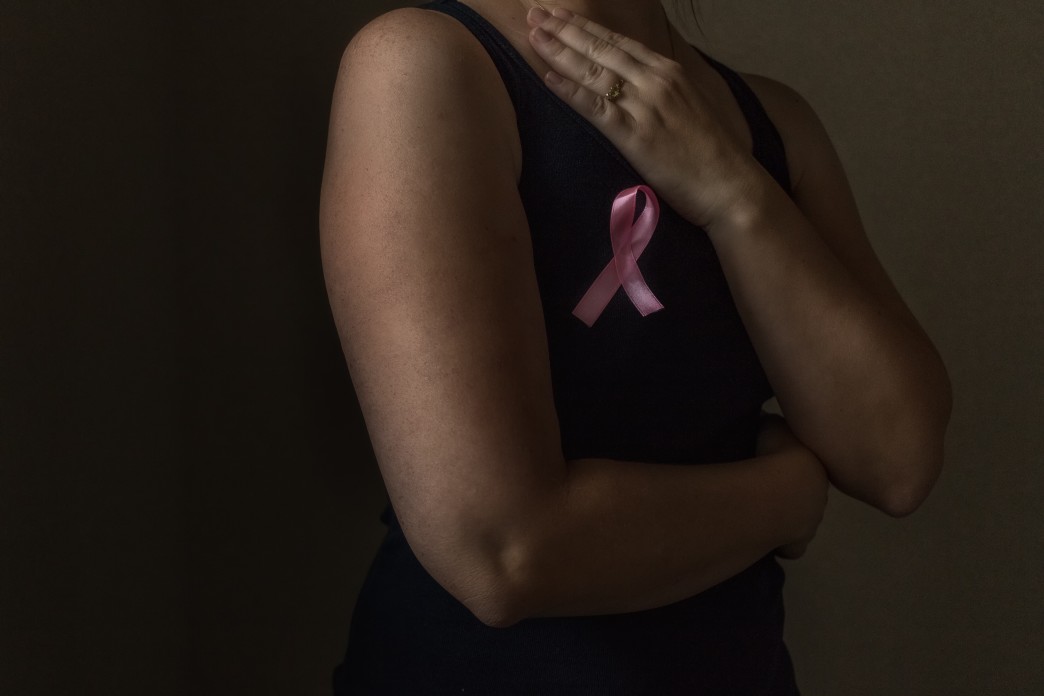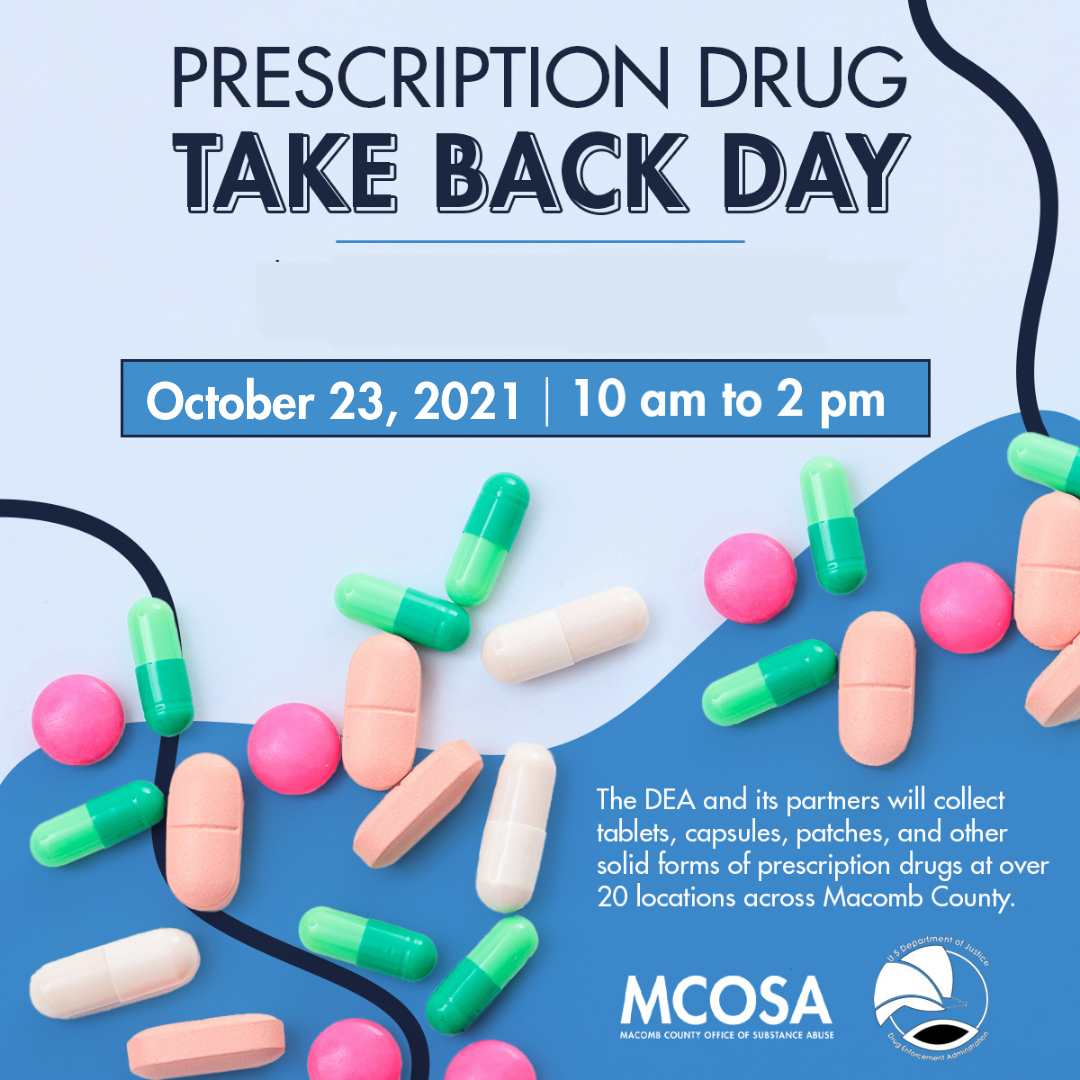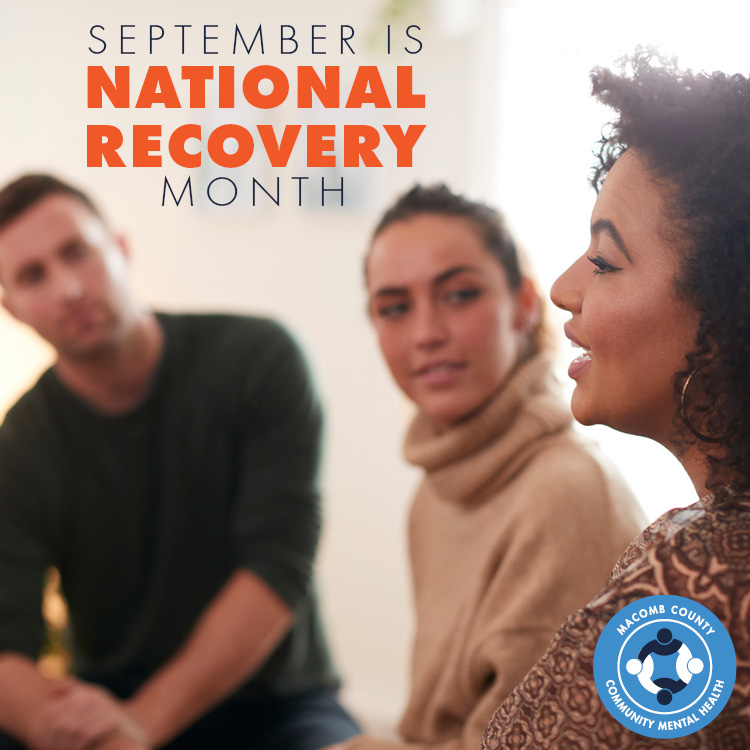
Breast Cancer Awareness:
October is Breast Cancer Awareness Month. With an ongoing pandemic, now of all times is especially important to check in on ourselves and our health. It is imperative that we not only understand what breast cancer is, but also raising awareness to help others understand the symptoms and preventative tactics.
The most common symptoms of breast cancer include:
- A lump or swelling in the breast
- Redness or flaky skin in the breast
- Irritation or dimpling of breast skin
- Nipple discharge
- Pulling in of the nipple or pain in the nipple area
These symptoms can happen with other conditions that are not cancer. If you have any symptoms that worry you, see your doctor right away.
Many may understand what how to do a self-examination but still may not check as often as they should. Medical professional Dr. Carmen Serpa said, “if you have been taught by a medical provider how to do a self-examination, I recommend conducting them randomly in between yearly checkups at an early age.” Being consistent is key in checking in with yourself.
“The best time to do a monthly self-breast exam is about 3 to 5 days after your period starts. Do it at the same time every month. It is important we take care of our bodies, and given the high incidence of breast cancer, it is critical we stay proactive on doing these. Never hesitate to reach out to your medical provider and get a refresher on how to conduct them, your doctor will be glad to know you want to stay on top of taking care of your body and your health,” Serpa said.
Research shows that lifestyle changes can decrease the risk of breast cancer, even in women at high risk. To work proactively in lowering your risk:
- Limit alcohol
- Don’t smoke
- Eat healthy (might decrease your risk of some types of cancer, as well as diabetes, heart disease and stroke).
- Control your weight- Be physically active and exercise regularly.
- For women, breast feed your children when possible.
- Limit dose and duration of hormone therapy (hormone therapy for more than 3 -5 years increases the risk of breast cancer).
- Avoid unnecessary exposure to radiation (X Rays, CAT scans, etc.) and environmental pollution.
Taking care of your health can be tough but crucial during a pandemic. It can be especially hard to cope with having breast cancer or other illnesses during this time of isolation with stay-at-home orders. It is important to keep your health at the forefront.
“Depending on the kind of treatment a given patient undergoes to treat their cancer or another illness they could fall among those categorized as high risk. It is important to follow your doctor’s advice on how to stay safe during this pandemic,” Dr. Serpa said. “Dealing with a chronic illness of any kind puts a lot of physical stress in the body physically and mentally. It is important you know when to reach out for some emotional support if you find yourself struggling with the stress of coping with it. Feeling emotionally strong is critical in helping us overcome physical challenges, seek therapeutic support, and reach out organizations like MCCMH that are here to help!”
Even during a pandemic, breast cancer doesn’t stop, patient care doesn’t stop, and healthcare doesn’t stop. Dr. Serpa said that with all that is going on in the world, it is very important to stay educated and proactive in keeping your body and soul balanced. “It is true that many illnesses are of an unpredictable nature but some other ones, thanks to the tremendous breakthroughs in science, have become more preventable. Breast cancer, colon cancer, and prostate cancer are some of them. It is important we remain aware and understand prevention starts with each of us and is supported and proactively addressed as you follow the advice of your physician.”
Women who are 50 to 74 years old and are at average risk for breast cancer are recommended to get a mammogram every two years. Women who are 40 to 49 years are advised to discuss with their PCP or Women’s Health provider about when to start and how often to get a mammogram. Do not hesitate to speak to your doctor about any changes you notice in your breasts at any age.
“As patients we need to feel empowered and encouraged to discuss with our doctors ‘what can I do to stay proactive with my health? What can I do to diminish my risks?’ Gaining that knowledge will not only help you but also will help educating others– your kids, your significant other, your mother, your grandfather, your best friend, your neighbor, your community,” Serpa said.




